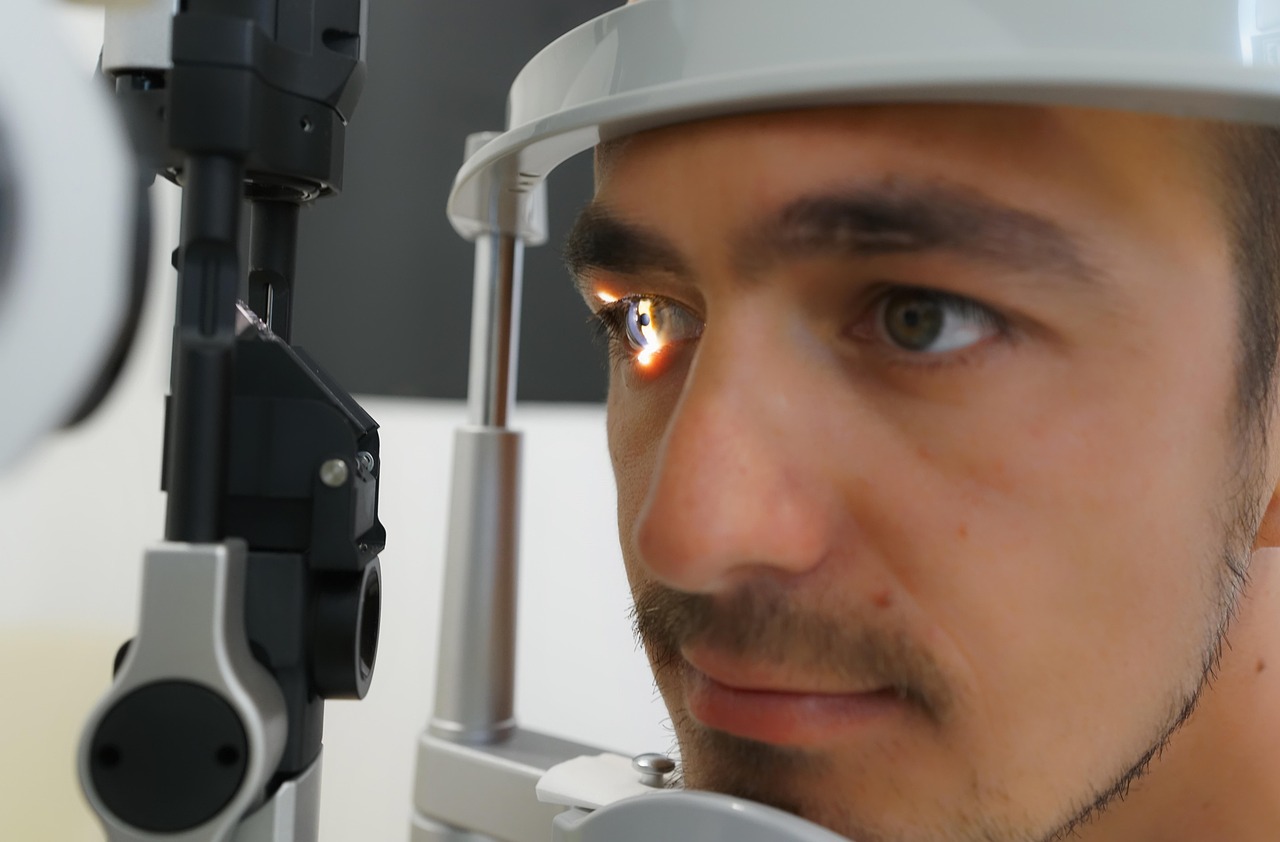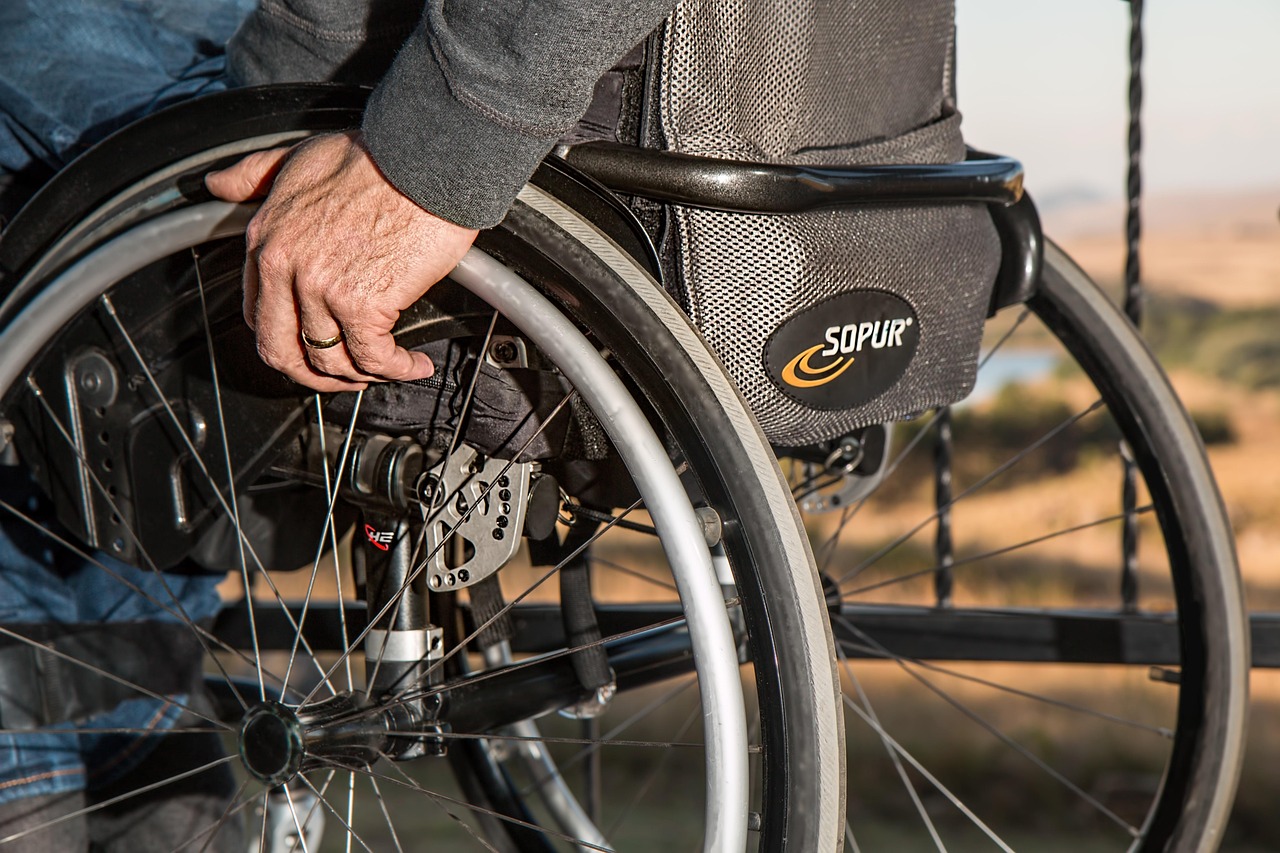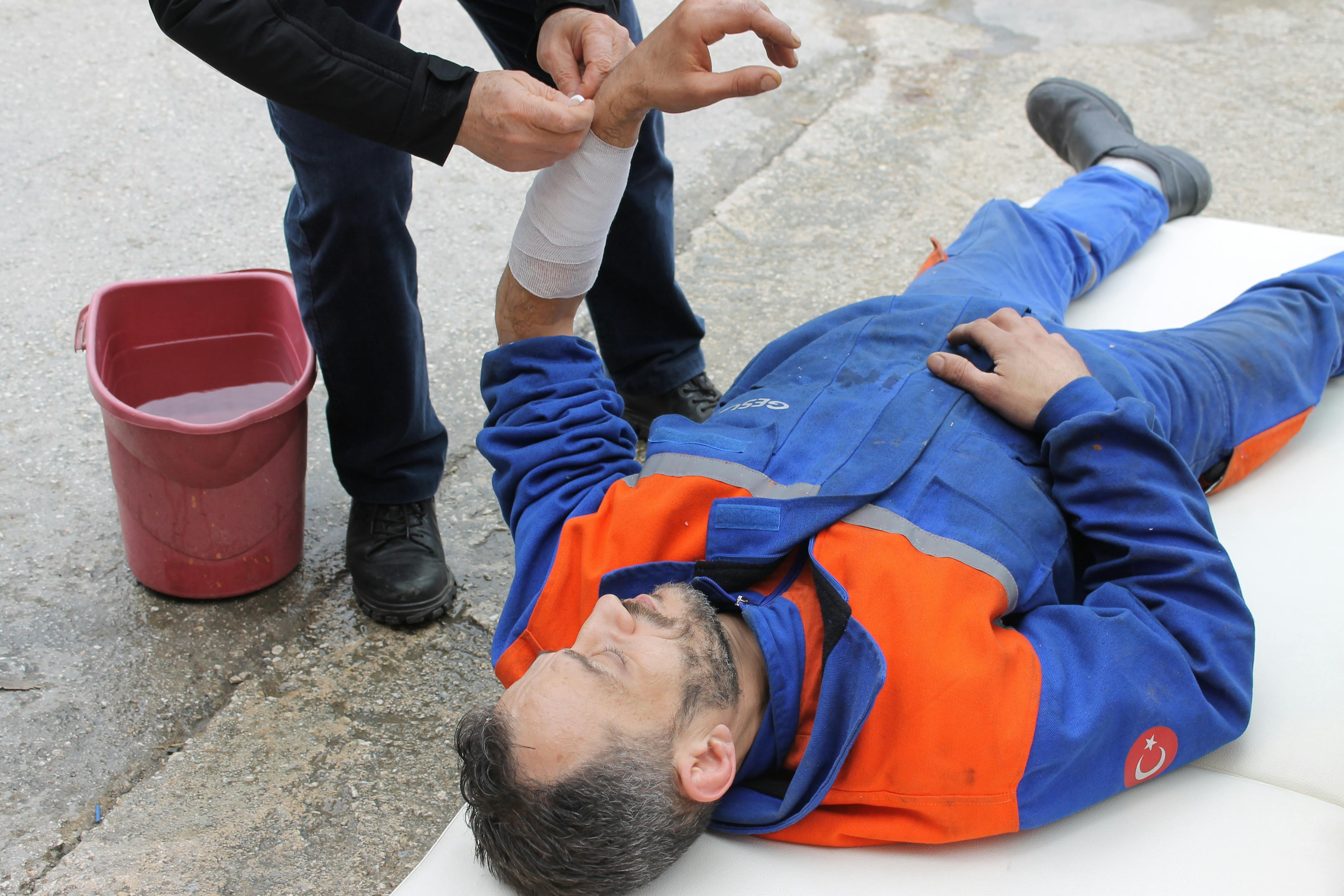14
Jan 2024
Understanding Burnout: A Guide for Healthcare Team
Published in General on January 14, 2024

Burnout, the invisible enemy, is becoming a common worry in healthcare, where compassion meets essential decision-making. The relentless nature of the profession, coupled with the emotional toll of caring for others, often leaves healthcare professionals vulnerable to the insidious grasp of burnout. This comprehensive guide delves into the intricacies of burnout, its manifestations within healthcare teams, and strategies to foster resilience and well-being.
Unmasking the Beast: Defining Burnout in Healthcare
To comprehend burnout, we must first unravel its multifaceted nature. Burnout isn't merely a feeling tired or stressed—it's a complex interplay of emotional exhaustion, depersonalization, and a diminished sense of personal accomplishment. In the high-stakes world of healthcare, where the consequences of fatigue and emotional depletion can be profound, recognizing the early signs of burnout is imperative.
The Silent Struggle: Burnout Among Healthcare Professionals
Healthcare professionals, often revered as unsung heroes, face unique challenges that make them susceptible to burnout. Long working hours, emotionally charged encounters, and the weight of responsibility create an environment where burnout can fester. Moreover, the role of a medical scribe, although crucial for documentation, adds another layer of complexity to the daily lives of healthcare professionals. The medical scribe, indispensable yet often unnoticed, is immersed in the intensity of healthcare documentation, navigating the intricate web of patient information. The term "medical scribe" encapsulates the unsung support these individuals provide, contributing significantly to the operational flow of healthcare teams.
Navigating the Maze: Recognizing Burnout Symptoms
Understanding burnout requires an acute awareness of its symptoms. Healthcare teams must be attuned to signs such as chronic fatigue, detachment from patients, and a sense of inefficacy. When left unaddressed, these manifestations can escalate, adversely affecting both individual well-being and the overall quality of patient care. By acknowledging these warning signs, healthcare professionals can take proactive measures to mitigate the impact of burnout.
The Ripple Effect: Burnout's Impact on Patient Care
The repercussions of burnout extend beyond the individual, permeating the very fabric of patient care. A healthcare professional grappling with burnout may struggle to provide the empathetic, attentive care patients deserve. The essence of the healing relationship between healthcare providers and patients can be compromised when burnout casts its shadow. Recognizing this interconnectedness is pivotal in fostering a culture that prioritizes the well-being of healthcare professionals.
Building Resilience: Strategies for Healthcare Teams
While the spectre of burnout looms large, there are tangible strategies to fortify the resilience of healthcare teams. Establishing a supportive work environment, promoting open communication, and providing access to mental health resources are essential to mitigate burnout. Additionally, recognizing the pivotal role of the medical scribe and ensuring their well-being is integrated into the broader strategy for team resilience. By fostering a culture that values self-care, healthcare teams can not only withstand the pressures of their profession but also thrive in providing compassionate, effective care.
Understanding and addressing burnout is a shared responsibility that transcends individual healthcare professionals. It requires a collective commitment to cultivating a culture of well-being within healthcare organizations. By acknowledging the challenges, appreciating the invaluable role of the medical scribe, and implementing targeted interventions, we can strive to create a healthcare environment that prioritizes the health and happiness of its dedicated professionals. In doing so, we safeguard the well-being of those on the frontlines and enhance the quality of care for those they tirelessly serve.









